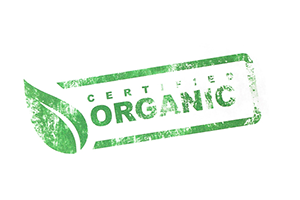
Farmland Solutions, LLC offers Organic Farm Management throughout the Midwest for absentee farmland owners. Kent Kraft and Rob Woodrow use a production system involving three-year crop rotations, cover crops, legumes, no-till, and rolled rye to help land owners convert their ground into certified organic production. Enter your email address to the form on the right and receive an analysis of how farming organic corn, soybeans and wheat can generate a significantly higher return for your farmground.